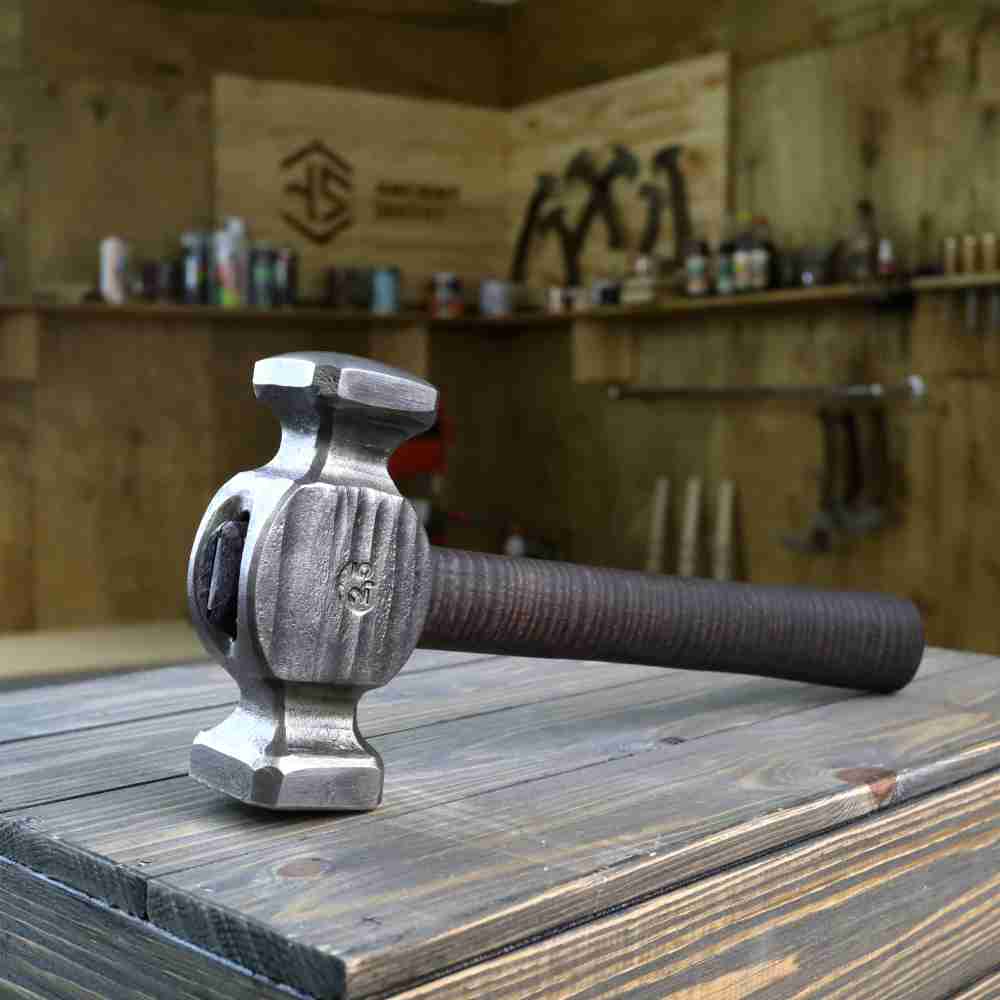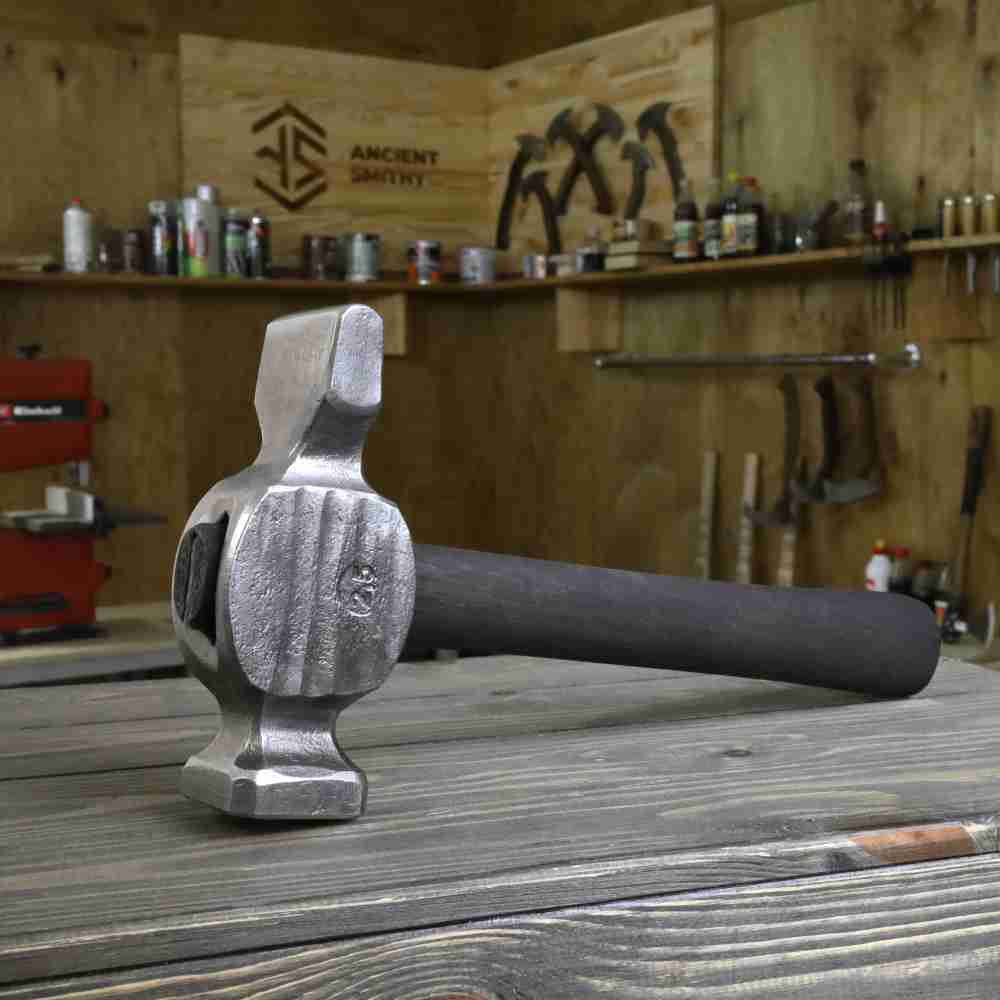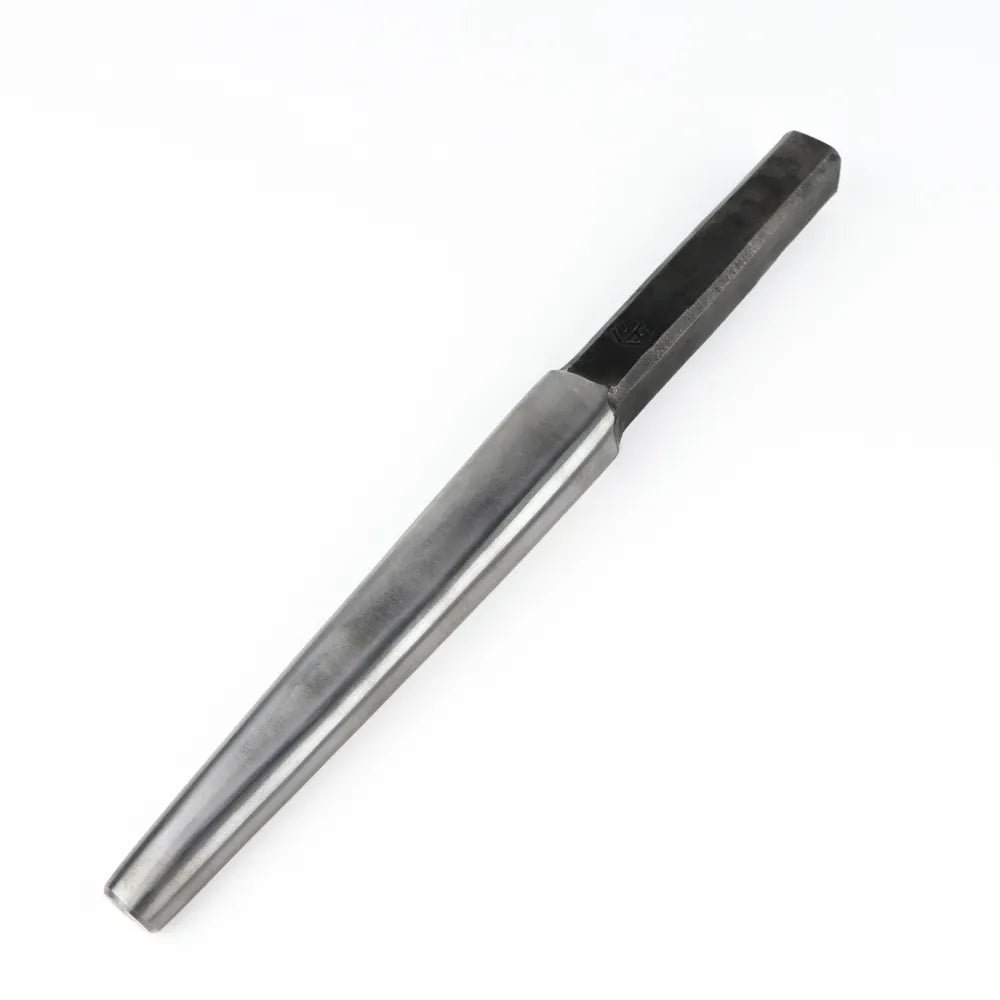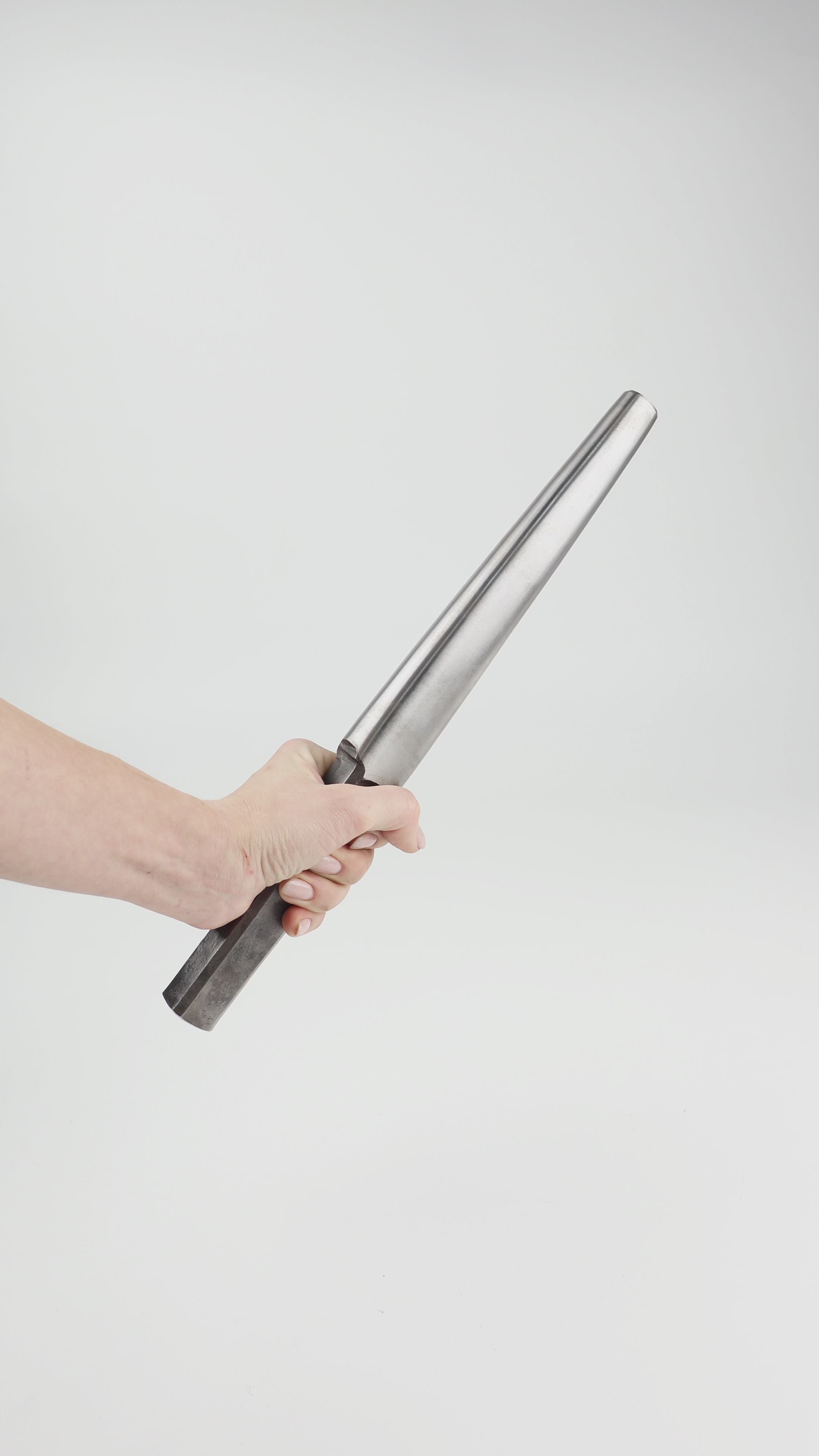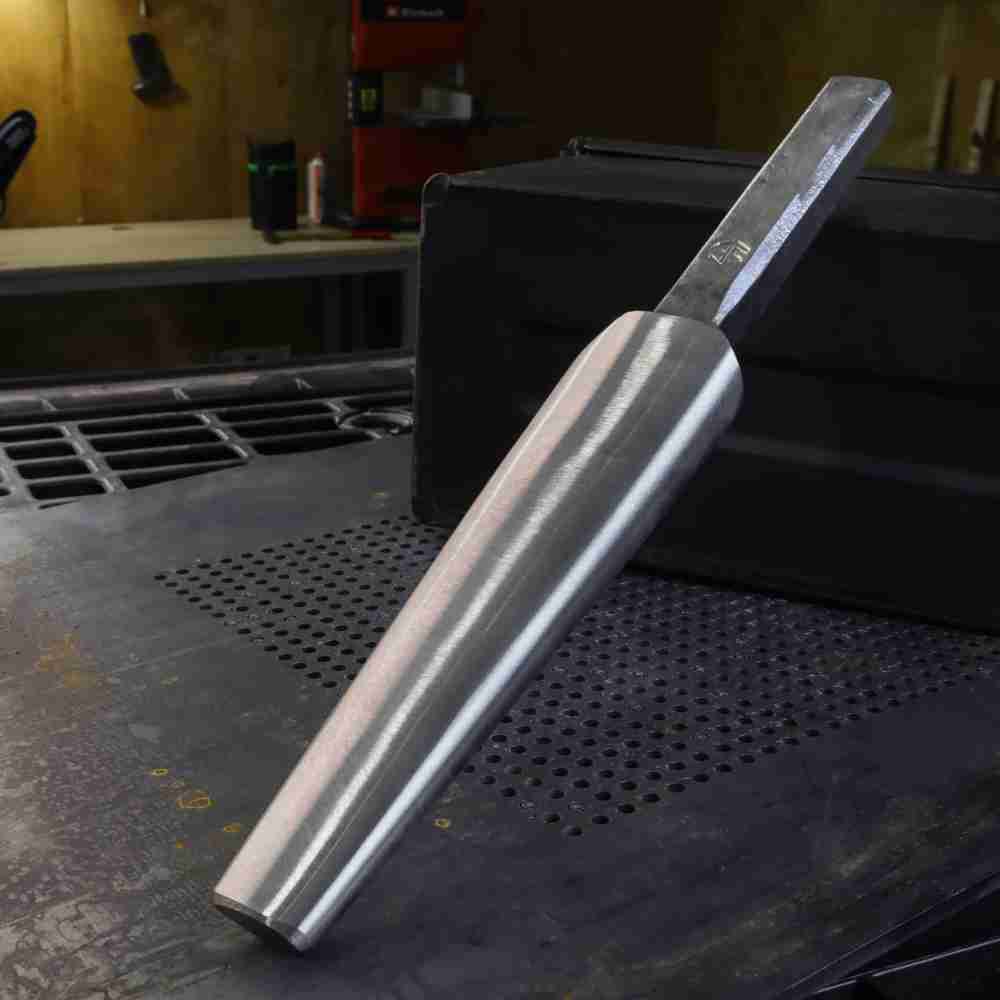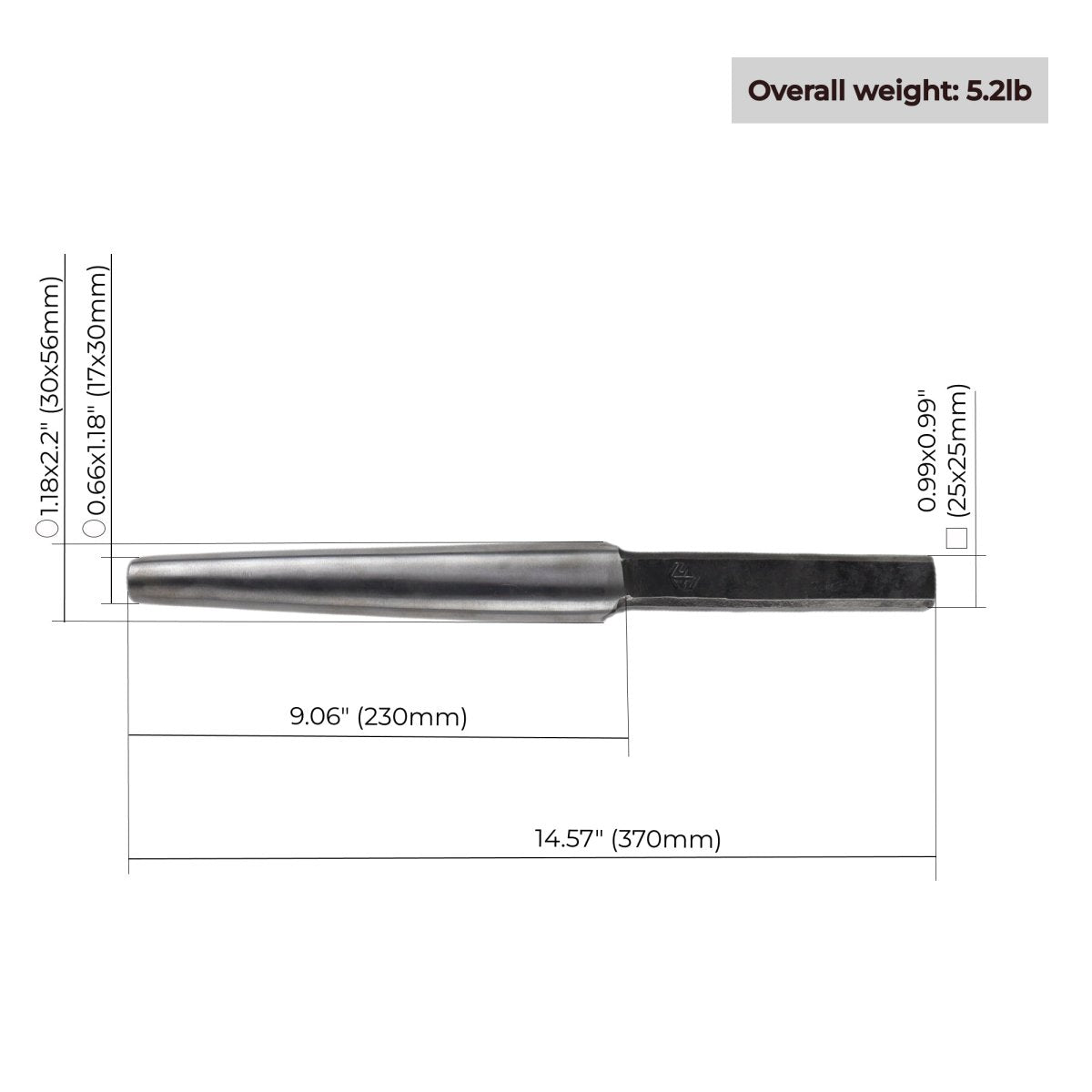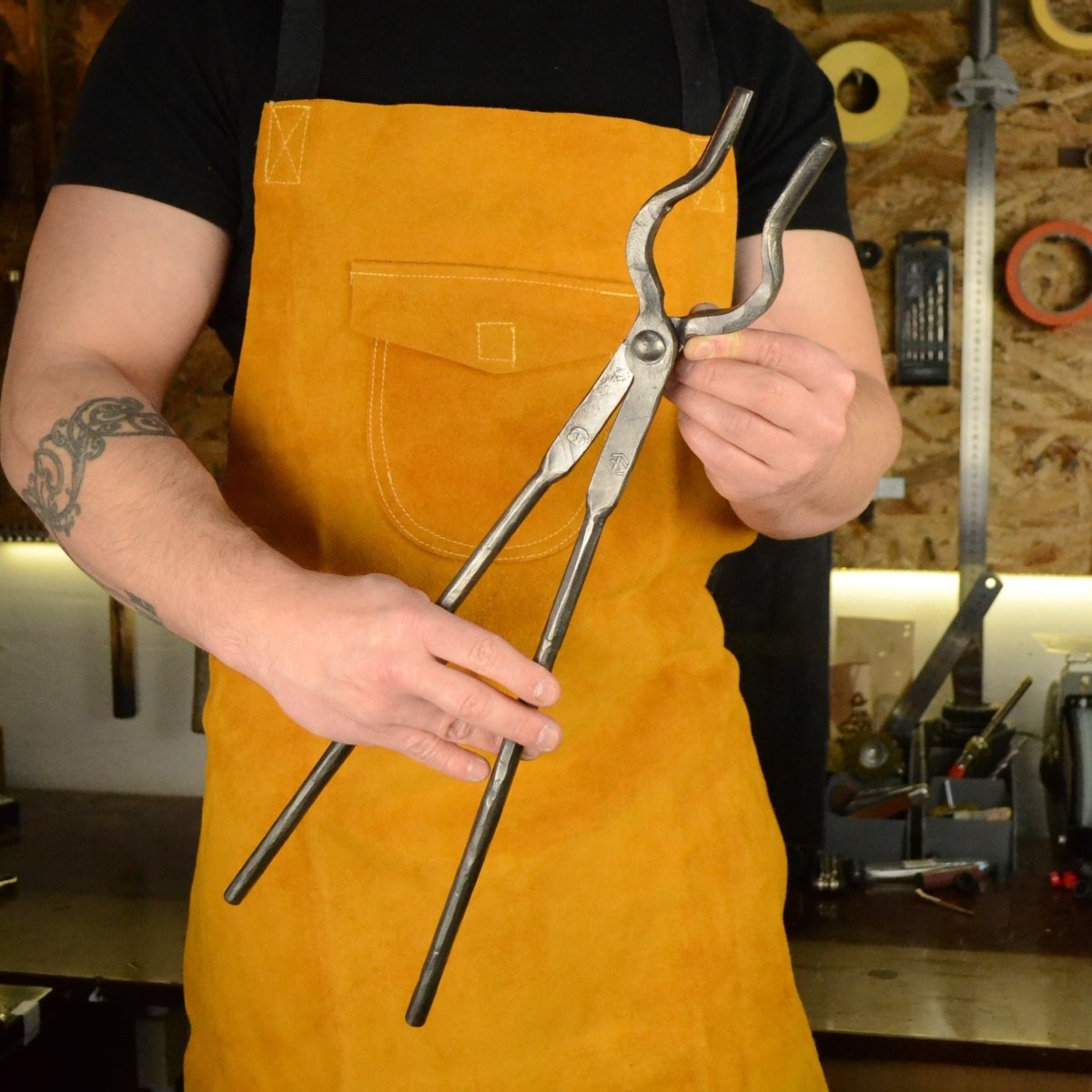
Protecting the Smith: The Importance of Aprons, Sleeves, and Gloves
Every blacksmith knows the forge is as beautiful as it is unforgiving. Sparks, scale, and molten metal don’t care how experienced you are – one careless move can mean a burn, blister, or ruined clothing. That’s why proper protective gear isn’t optional – it’s essential. Aprons, sleeves, and gloves are the invisible armor of every craftsman, safeguarding not only the body but the craft itself.
Why Protection Matters in the Forge
The temperatures inside a forge can reach over 1,000°C, and even a quick strike on hot steel sends tiny, glowing particles flying in every direction. A moment of inattention can lead to burns, cuts, or permanent damage. Quality protective equipment acts as the first line of defense against heat, sparks, and abrasions – allowing smiths to focus on precision and creativity without fear of injury.
But good gear does more than protect – it builds confidence. A comfortable, properly fitted apron or pair of gloves allows a blacksmith to move freely, grip tools securely, and maintain control, even during long hours at the anvil.
The Blacksmith’s Apron: Built for Heat and Durability
The apron is the cornerstone of every smith’s outfit – a barrier between you and the fire. Modern blacksmith aprons are typically made from thick leather or fire-resistant canvas, designed to resist both heat and abrasion.
-
Leather aprons (often cowhide or split grain) provide the best protection against sparks and molten metal. They’re durable, flexible, and naturally resistant to heat.
-
Canvas or treated cotton aprons are lighter, breathable alternatives for lower-temperature work or extended sessions.
A good apron should feature adjustable cross-back straps, reinforced stitching, and ample coverage – from chest to below the knees. Some smiths also prefer aprons with tool pockets or extra chest protection, especially for heavy forging or grinding work.
Sleeves and Arm Guards: Shielding the Most Exposed
When hammering, twisting, or welding, your arms are always in the danger zone. That’s where protective sleeves or arm guards come in.
-
Leather sleeves offer superior heat protection and are ideal for prolonged forging sessions.
-
Canvas or Kevlar sleeves provide lightweight flexibility and are resistant to both heat and cuts.
A good sleeve fits snugly without restricting movement, covering from wrist to just below the shoulder. Many blacksmiths pair them with short-sleeve shirts in summer – striking the perfect balance between comfort and safety.
Gloves: Grip, Dexterity, and Protection
A blacksmith’s hands endure the most abuse – from holding tongs to handling hot steel. But not every glove is suitable for the forge.
-
Heavy leather gloves (made from cowhide, elk, or goatskin) are best for hammering, grinding, and welding. They offer superior protection against sparks and heat.
-
Heat-resistant Kevlar gloves provide better dexterity for precision tasks like twisting, bending, or detail forging.
-
Gauntlet-style gloves with extended cuffs protect wrists and forearms from sparks and slag.
Remember, no glove lasts forever. Replace them once the surface hardens, cracks, or loses flexibility – worn gloves can become more dangerous than useful.
Choosing the Right Gear for Your Forge
Every smith’s work is different. A bladesmith might prefer lightweight sleeves for control, while a farrier may opt for a full-coverage leather apron and thicker gloves. The key is balance – protection, mobility, and comfort.
When selecting gear, prioritize:
-
Heat resistance and durability over style;
-
Proper fit to avoid loose edges catching on tools;
-
Natural materials like leather or treated cotton for breathability and longevity.
A Final Word: Safety Is Craftsmanship
Protective gear isn’t a burden – it’s part of the ritual. From donning the apron to gripping your hammer, every piece of equipment carries its own purpose and legacy. A smith who respects their safety respects their craft.
At AncientSmithy, we forge not only tools but the equipment that keeps craftsmen safe – including leather aprons, arm guards, and protective sleeves designed for both professional and hobby blacksmiths. Made with durable natural materials and tested in real workshops, they’re built to serve and protect – just like the tools you forge.
Forge with pride. Work with care. Protect what matters most – your craft, your tools, and your hands.





